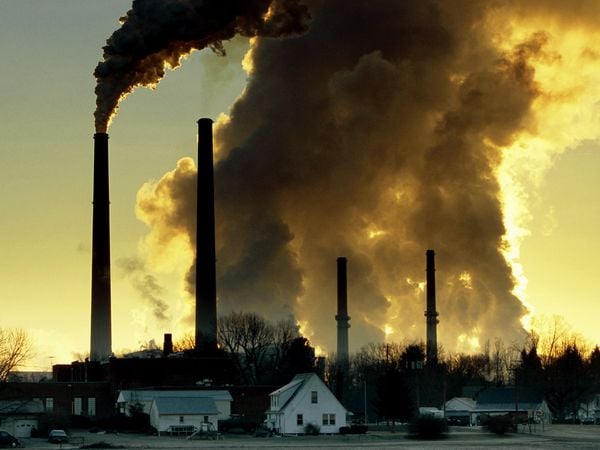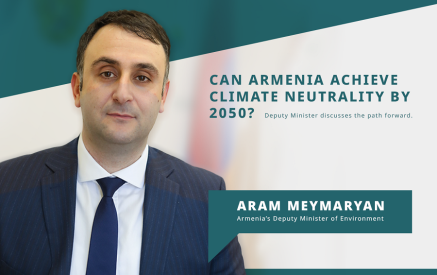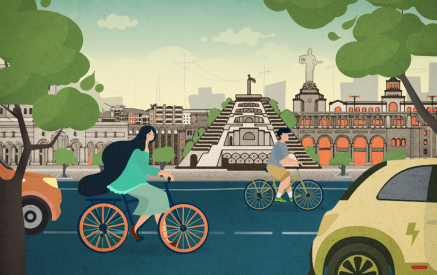Reprinted with Permission from emaxhealth.com
The deteriorating nature of our air is causing significant harm to human health, and human activity is contributing to climate change and the air pollution that is damaging lung function. This relationship was highlighted by the findings of a new study presented at EuroEcho-Imaging 2016, which pointed out the influence of air pollution on respiratory function and the critical health issues it raises.
Cardiologist Dr. Jean-Francois Argacha, of University Hospital Brussels, Belgium, noted that air pollution “is a major public health issue for people living in polluted urban areas where exercise could damage the lungs and potentially lead to decompensated heart failure.” While this is not the first time a clear association between polluted air and deteriorating health has been reported, Argacha and his colleagues did present the first human study to report the impact of air pollution on pulmonary vascular function in a large population and in a smaller group of individuals.
How air pollution damages your lungs
The population study included 16,295 individuals and involved evaluating the impact of common levels of outdoor air pollution on pulmonary circulation and right ventricular function. In the individual study, 10 healthy volunteers were exposed to pollutants in a chamber in a crossover design.
In the population study:
-Increases in air pollutants (particulate matter of different sizes and ozone) resulted in reduction pulmonary function (more difficult for blood to flow to the lungs) and worsening right ventricular function,
-The negative impact of particulate matter on pulmonary circulation was especially harmful for people who had obstructive sleep apnea
In the individual group study, the investigators found that air pollutants seem to be “more harmful to the lung circulation during exercise.” Argacha also noted that there is “no strong evidence” that wearing face masks is an effective way to reduce or avoid exposure to particulates.
Argacha pointed out that legislation to protect people from damaging air pollution is weak. He also explained that controlling diesel emissions has been associated with better outcomes, a fact that has been embraced by some cities.
What some cities are doing
In early December 2016, the mayors of four major cities—Athens, Paris, Madrid, and Mexico City—announced that high-polluting diesel vehicles will not be allowed on their streets by 2025. The mayor of Paris, Anne Hidalgo, explained at the C40 Conference of Mayors on Climate Change that “we also stand up to say we no longer tolerate air pollution and the health problems and deaths it causes, particularly for our most vulnerable citizens,” which include the very young, the elderly, and those with chronic illnesses.
Approximately 500,000 people die a premature death associated with air pollution every year in Europe, and up to three million die of related causes worldwide.
Sources
European Society of Cardiology
ITV News. Diesel cars face total ban in four of the world’s biggest cities by 2025
ScienceDaily

























































